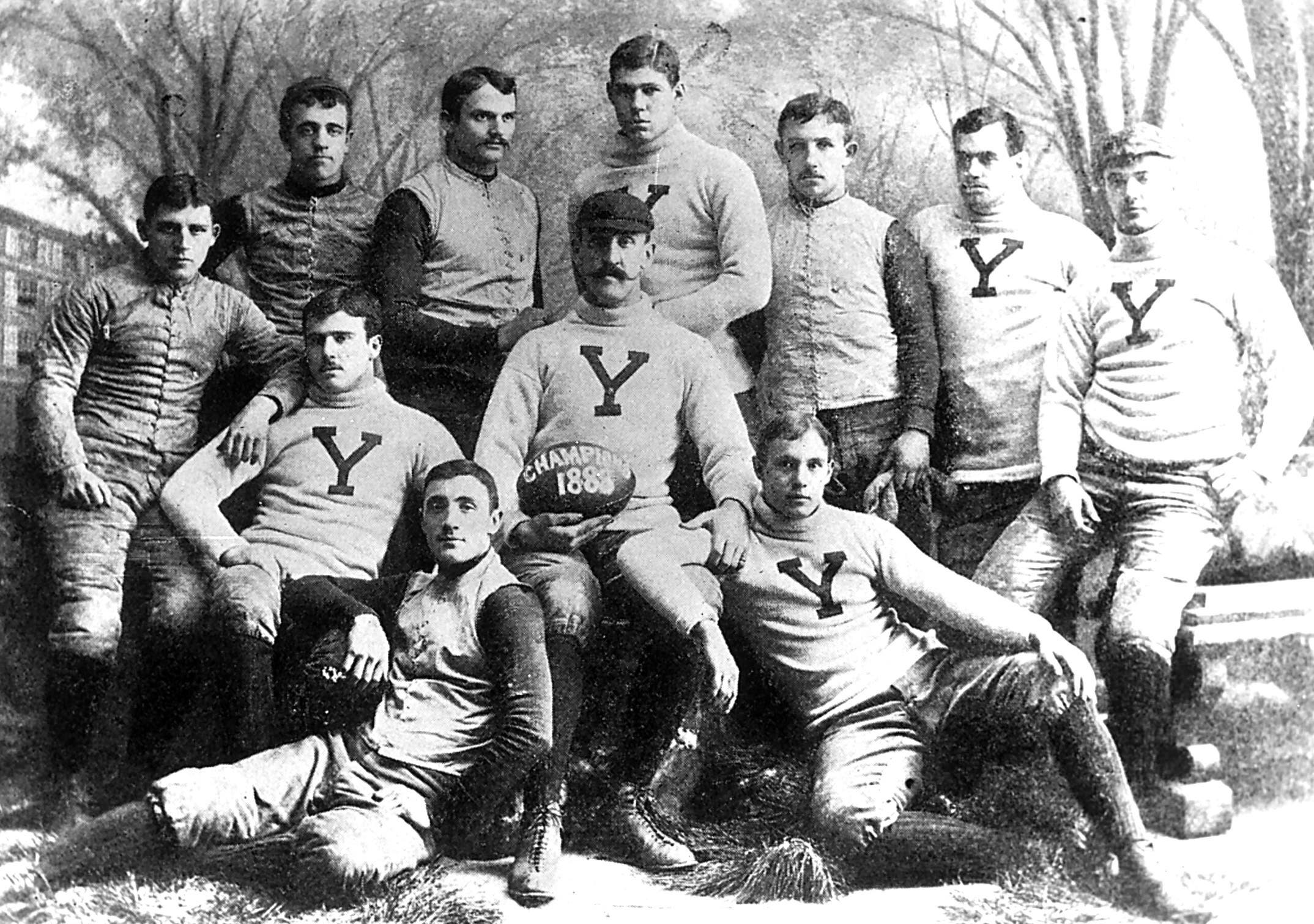When the French Riviera town of Menton prepares to host its lemon festival each year, it assembles more than 140 tons of citrus to build the ornate floats and showy park displays that attract thousands to the Fete du Citron. But none of it is the actual Menton lemon, a prized variety whose fans included King Louis XIV, who enjoyed drinking its juice and bathing in its essential oils.
They’re too precious — and there aren’t enough of them, either.
“Honestly, we prefer that people taste our lemons rather than look at them on display,” said Marine Krenc, an events manager for Menton’s tourism office.
NEW ORLEANS JAZZ FEST TO FEATURE VIBRANT CULTURAL SHOWCASE AND CULINARY DELIGHTS
Menton was once a leading lemon-growing region in Europe, with a global reputation and exports as far as the United States and Russia in the 18th century. But that was before the French Revolution led to cancellation of laws that protected Menton from competition from other lemon-growing regions, and before the Riviera’s rise as a playground for tourists and the wealthy led to hotels and villas steadily displacing orchards and farmland.
A visitor examines a sculpture made of lemons during the 90th edition of the Lemon Festival on March 1, 2024, in Menton, France. (AP Photo/Daniel Cole)
These days, only 56 small producers still grow the high-end lemons, and some worry that a warming climate will add to their challenges in coming years.
When Pierre Ciabaud, a sixth-generation lemon-grower, was looking for a job that would support a family in the 1960s, he had to break with family tradition. He set up a hardware and appliance store to make ends meet. Now retired, he tends the family’s grove on one of the last remaining lemon hills overlooking the city of Menton and its built-up Mediterranean coast dotted with private swimming pools.
“The valleys of Menton used to be covered with lemon groves, there were trees everywhere,” Ciabaud said. Now, he said, “The land is sold to developers and all you see are buildings.”
He recalls his father collecting a ton and a half of lemons every 20 days. The region’s annual production now is about 200 tons.
“A young person today would not be able to live from lemon farming,” Ciabaud said.
The region nestles between the French southern Alps and the Mediterranean Sea, covering about 247 acres and stretching beyond Menton’s municipal boundaries into Roquebrune, Sainte-Agnès and Castellar. The mild climate — from a protective mountain range, proximity to the sea and steady sunshine with moderate rain during winter months — and sandstone-rich soil give the Menton lemon its distinct flavor: acidic, but neither bitter nor sweet, and with a lemongrass scent in its zest. They’re bigger than most lemons, with a thicker skin.
During the lemon festival, visitors to La Casetta, a city-owned orchard, were treated to a taste of the Menton lemon by a caretaker who handed out slices. One woman took her slice, inhaled its scent for a long moment, then took a bite before handing it to a companion.
Krenc calls it “our caviar.” Mauro Colagreco, a celebrity chef who operates a three-Michelin-star restaurant, Le Mirazur, in Menton, has praised it and features it in fish dishes and desserts.
The Menton lemon got a boost in 2015 when the European Union granted it the protection of a geographical indicator, which aids in marketing the lemons and is intended to guard against lesser varieties misusing the name. It’s the only lemon in France to carry such an indicator.
Laurent Gannac has been growing lemons for 30 years, since he first moved to the region as a landscaper. He started from scratch on an uncultivated plot of about 6 acres, and spent years clearing and terracing the land, planting 400 trees and setting up an irrigation system.
He said he has benefited from the geographical indicator, but both he and Ciabaud worry about climate change. This part of France has endured three years of drought, and seen rising temperatures and scrambling of seasons, though it hasn’t yet hurt the lemon crop. Snowmelt from the mountains has helped so far.
But farmers will have to adapt to rising temperature if they want to continue producing the lemons, he said.
“Our goal for the Menton lemons is that they land on a plate, in a restaurant, or in a gourmet jam for select customers,” Gannac said.




